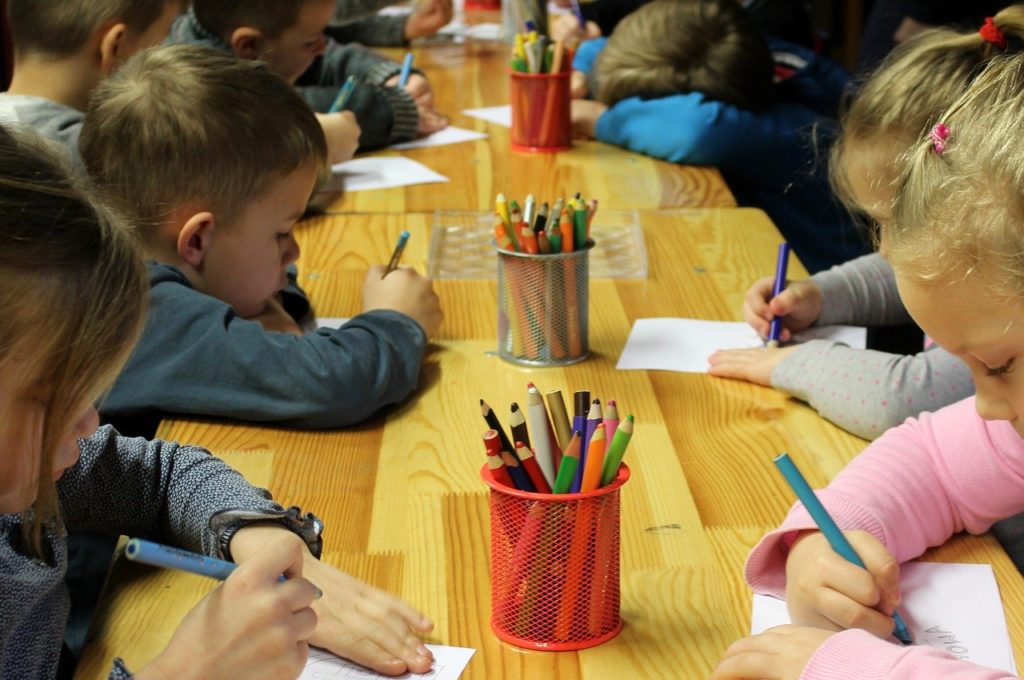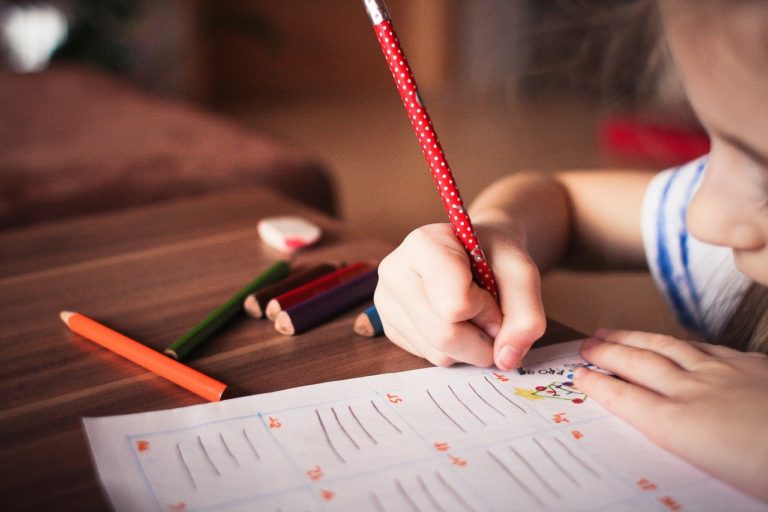Education

Should you require further information regarding our school, you may contact:
- Callie Grigorakis at 519-992-8890 or cgrigorakis@gocw.ca
- Lucas Koukouvaos at lkoukouvaos@gocw.ca
Greek School
consists of language, heritage and dance
Promoting An Enriching And Fun Learning Environment
Parents are recognized as partners in the education of their child(ren), since they are making a conscious decision to have their child(ren) learn the Greek language, customs, and traditions. In all school locations, the language curriculum will be taught in the format of levels. In total there are eight (8) levels, created into three broad categories, (Primary, Junior, Intermediate). Detailed information for each level including our school’s vision, learning philosophy – is outlined in the guide, Learning Keys for Success.
Parents are invited to communicate and dialogue with teachers on an ongoing basis, to learn of accomplishments, and how to continue supporting their child(ren). Key guidelines and responsibilities for parents and students to be mindful of include:
Parents Drop off children 5 minutes before class begins and be outside the classroom at least 5 minutes before class ends.
Send a healthy snack & drink to school. Encourage and remind students not to share their snacks, without the teacher’s knowledge (due to various and potentially lethal allergies).
Inform the teacher(s) of any medical conditions (fill and sign medical information form).
Advise the teacher(s) in advance, if child(ren) will be absent due to event, recital, sports.
Inquire about homework to be completed.
Attend parent-teacher interviews, twice a year (January and May), to learn what child(ren) accomplished.
Support and encourage on-going learning outside the school environment to form positive attitudes towards learning the Greek language and completing assigned homework.
Provide school supplies (pencils; pencil sharpener; eraser; crayons, pencil crayons; exercise books).
Advise child(ren) that cell phones/personal electronic devices and game equipment are not allowed in class, including favourite toys (except if requested by the teacher).
Students come prepared to each class with assigned homework and supplies (pens, pencils, paper, notebooks, and workbooks).
Be respectful to teacher(s) and other students.
Be respectful of classroom material, furniture, and equipment.
Behave in a non-disruptive manner towards other students and teacher(s). For example, walking in the classroom, putting up hand to get teachers’ attention, no calling out answers, no talking to others across the room. Demonstrate non-offensive behaviour and/or language. Name calling, swearing, hitting, pushing, offensive facial expressions
If disruptive behaviour continues, teachers will advise the parent(s) at the end of the class. If the behaviour is very disruptive, parents will be contacted to come and pick up their child(ren).
Tuition and Fees
GOCW Members
1st Child: $150 (includes books and dance)
2nd Child: $150 (includes books and dance)
3rd Child: $50 (includes books and dance)

Non-Members
$400 (includes books and dance)
Dance Free for Members and Non-Members
Schedule and Calendar
Registration and payment can now be completed online by clicking on the REGISTER & PAYMENT button above. Please complete registration before September 28, 2024. If not paying online, full payment must be made by the first day of school by either cash or cheque payable to Greek Orthodox Community of Windsor.
ADULT BEGINNER GREEK LESSONS

Staff & Administration
These lessons are cancelled until further notice.
Course assumes no prior knowledge of the Greek language. The focus is on speaking using simple grammar through intensive participation.
Registration Fee: $
Books and materials: $
ADMINISTRATION: |
|||
| Ms. Callie Grigorakis | D1rector – Greek Language | cgrigorakis@gocw.ca | 519-992-8890 |
| Mr. Lucas Koukouvaos | Director – Greek Dance | lkoukouvaos@gocw.ca | 519-564-6313 |
| Mr. Elias Doskoris | Greek School Liaison | edoskoris@gocw.ca | 519-817-1552 |
INSTRUCTORS OF GREEK LANGUAGE: |
|||
| Callie Grigorakis | Junior & Intermediate Language Teacher | cgrigorakis@gocw.ca | 519-992-8890 |
| Elena Athanasopoulos | Primary Language Teacher | eathanasopoulos@gocw.ca | 519-981-5421 |
| Athena Mustapha | Junior & Intermediate Heritage Teacher | amustapha@gocw.ca | 519-981-5421 |
| Eleni Margaritis | Primary Heritage Teacher | emargaritis@gocw.ca | 519-566-4679 |
INSTRUCTORS OF GREEK DANCE: |
|||
| Lucas Koukouvaos | Instructor | lkoukouvaos@gocw.ca | 519-564-6313 |
| Georgenna Koukouvaos | Instructor | gkoukouvaos@gocw.ca | |
| Anna Valaris | Instructor | ||
| Marianna Liovas | Instructor | ||

Sunday School
Aims and Purposes
The purpose of our Greek Orthodox Christian Education Sunday School classes is to educate the children of our Community on the Orthodox values and the way of life that God wishes us to have. We do this through believing, praying, learning and serving. We are able to do this through our different age level of classes by providing age appropriate curriculum with enthusiastic Instructors.

Primary: Kindergarden – Grade 3
Junior: Grade 4-6
Intermediate: Grade 7-8
Sunday begins with worship by participating in the Divine Liturgy, followed by religious classes. The Divine Liturgy begins at 10:00 a.m. Children may come and sit as a group with the teachers, at the front, left side of the Church, participate in the Divine Liturgy and then go to the classrooms right after communion. Classes are in session from September to June
Primary: Ms. Katherine Koutsonicolas, Ms. Emily Tzimas, Mrs Maria Margaritis
Junior and Intermediate: Eleni Margaritis

GOCW Scholarship
Applications for the 2020 Scholarship Award are being accepted at the end of the High School year. Any High School graduate of 2019-20 is eligible to apply. Please send an email to info@gocw.ca for more information or download application and submit no later than September 1st.
Past Recipients
2011 GOCW Award Winner
2012 GOCW Award Winner
2013 GOCW Award Winner
2014 GOCW Award Winner
2015 GOCW Award Winner
2016 GOCW Award Winner
2017 GOCW Award Winners
2018 GOCW Award Winner
2019 GOCW Award Winner
2020 GOCW Award Winner
Alexandra Spanos
Maria Diakontaniou
Elizabeth Dillon
Matthew Spanos
Alexa Govette
Elaina Pardalis
Maria Maragoudakis & Konstadinos Margaritis
Lucas Koukouvaos

